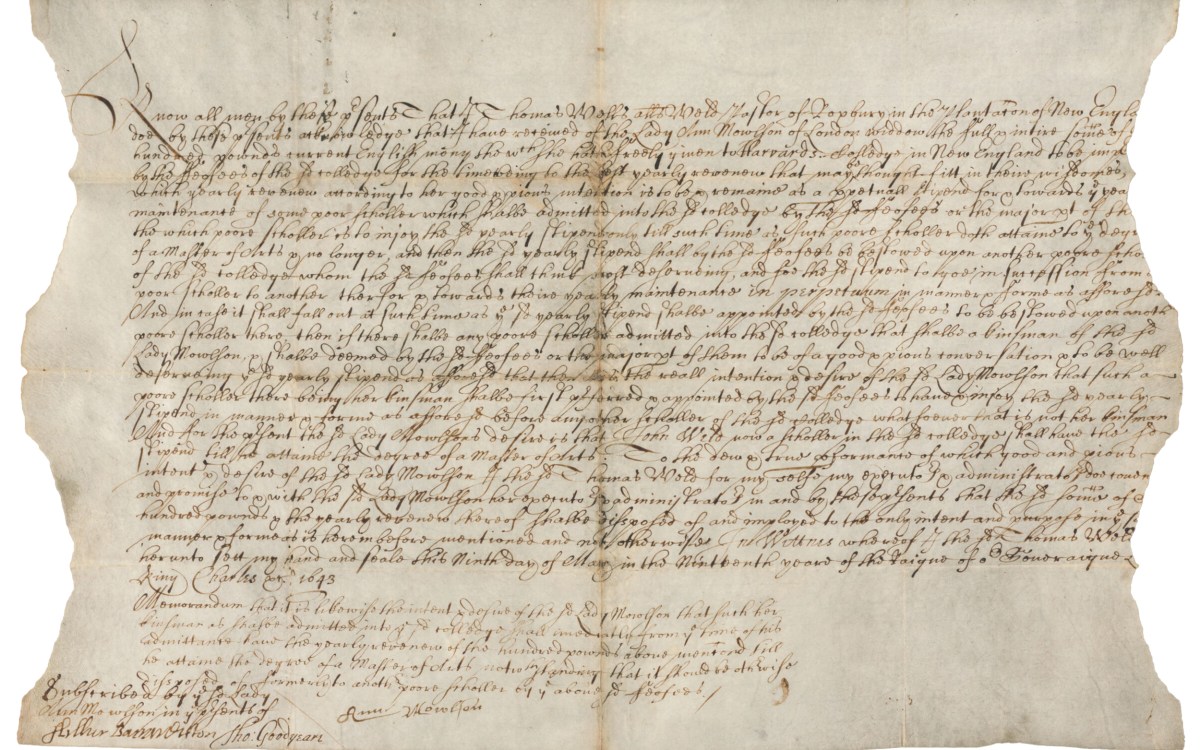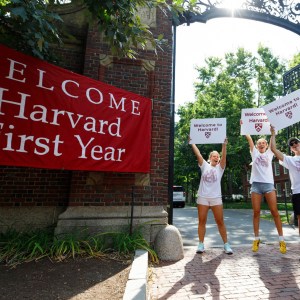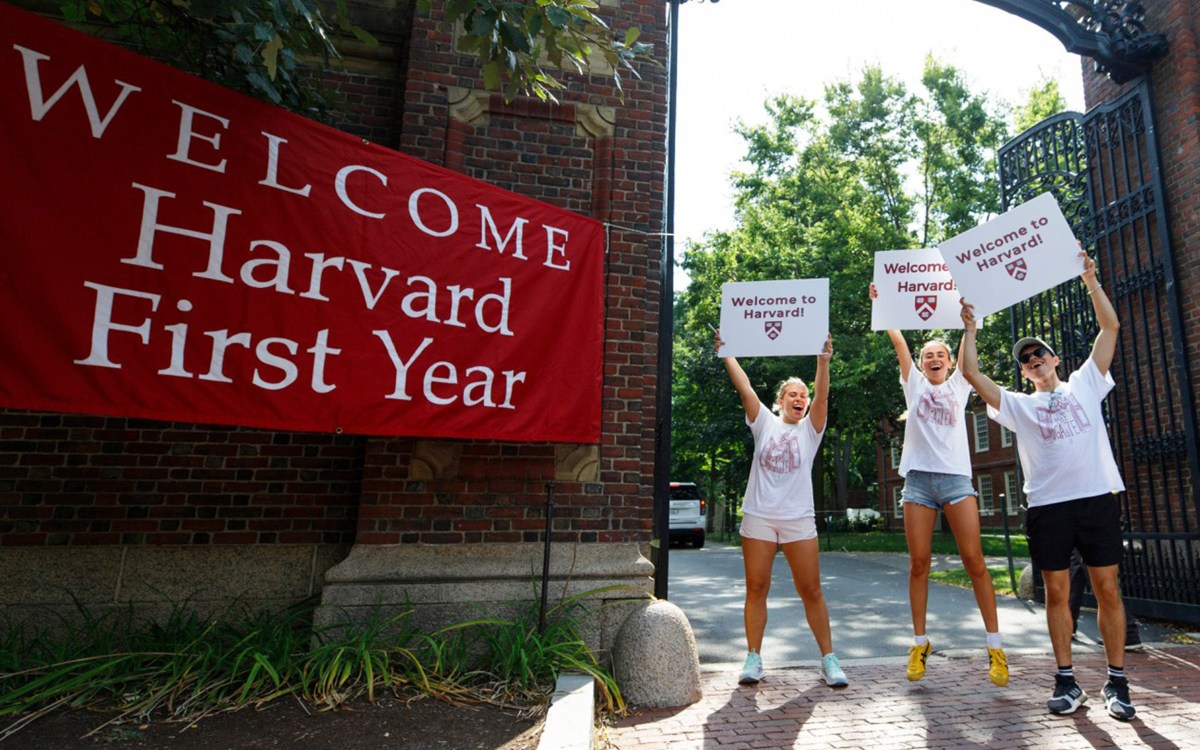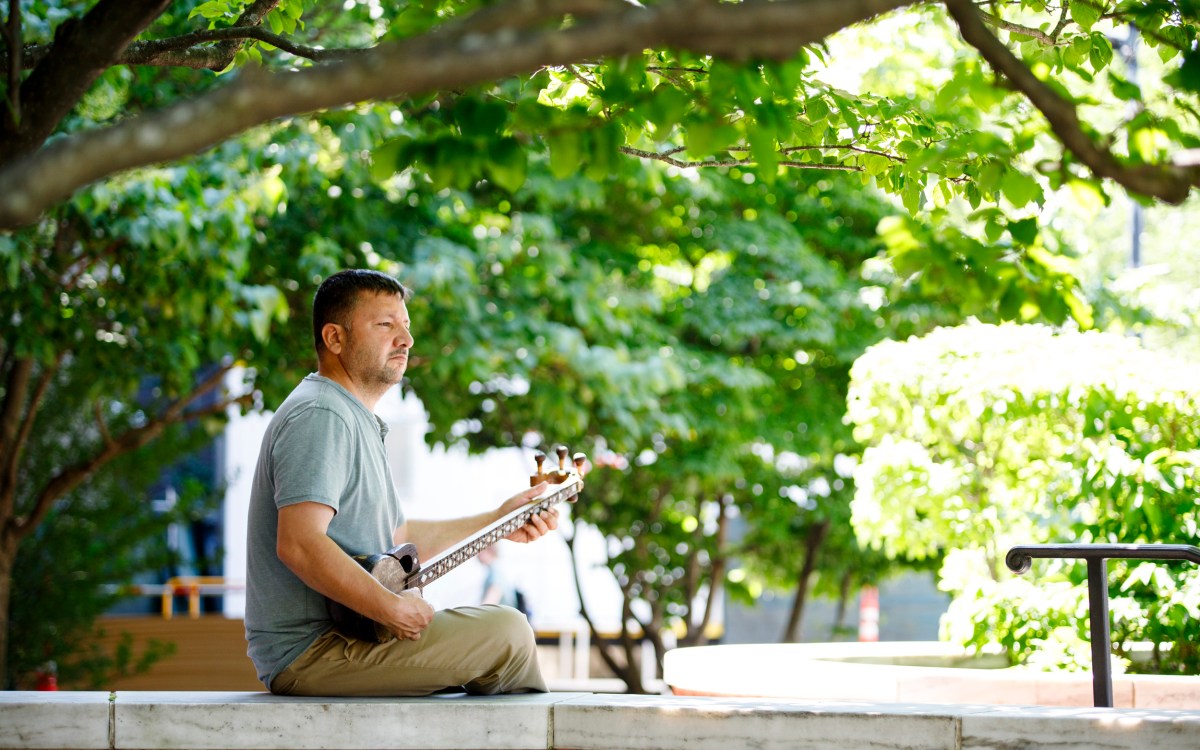IOP student report raises U.S. sexual slavery profile
Students discuss results with state Senator Montigny
A group of Harvard undergraduates studying sexual slavery in the United States has recommended that states set up task forces of state, federal, and local officials as well as victims and victim advocacy groups to fight a horrific but, so far, low- priority problem.
The students, members of the Institute of Politics’ Sex Trafficking Policy Group, discussed their results with Massachusetts state Sen. Mark Montigny during a briefing session at the Institute of Politics. Montigny has spearheaded efforts to establish such a task force in Massachusetts.
The state bodies, the students said in their report, should have four main goals: improving identification of victims, increasing prosecution of sex traffickers, aiding victim recovery, and promoting awareness of the problem in the public.
Though some states and the federal government have already taken action to curb sex trafficking, the report said that actions taken so far are dwarfed by the problem.
Nearly 300,000 American youth are in danger of being exploited by commercial sex operations, the report says, and between 14,500 and 17,500 foreigners are brought into the United States each year to work in brothels. Eighty percent of those foreigners are women and half are under age 18. Many of those foreigners are lured by promises of jobs or marriage and, on arrival, are trapped in apartments, raped, beaten, and forced to have sex with strangers.
Americans are equally in danger, with native-born women and youth reporting being held against their will, raped, and forced to have sex for money.
The magnitude of the task that lies ahead is illustrated by the relatively few victims found and the low numbers of prosecutions, the report said. Despite the tens of thousands of people thought to be trafficked into the United States over the last four years, just 611 victims have been found over that period. Similarly, the Justice Department filed just 29 human trafficking cases in 2004, when the estimated number of victims indicates that there are far more traffickers in operation.




